Trial jury told how police officer didn’t ‘let up or get up’ as George Floyd died
The televised trial of US police officer Derek Chauvin, which began on Monday, started with the jury being shown a video of him kneeling on George Floyd’s neck for 9 minutes and 29 seconds.
Prosecutor Jerry Blackwell told the court that the police officer did not “let up or get up” as Floyd repeated 27 times that he was unable to breathe.
The viral video of the incident, which became an emblem of the Black Lives Matter campaign, sparked outrage across the world with massive street protests in the US by African-Americans.
Floyd was arrested by Minneapolis police on May 25, 2020, after a grocery store employee reported that he had allegedly used a fake $20 bill to buy cigarettes.
In the video filmed by a bystander, Floyd was seen handcuffed with his face down on the street, pleading for his life, while the police officer stood there unfazed.
Hearing the bystanders beg #DerekChauvin & other officers for 9 minutes and 29 seconds to get off of #GeorgeFloyd neck after he’s unresponsive, begging them to check his pulse, yelling “look at you...you’re enjoying this aren’t you” is unbearable. #ChauvinTrial
— Laura Coates (@thelauracoates) March 29, 2021
His death in police custody triggered an intense debate about systemic racism, police accountability and the criminal justice system in the United States.
Blackwell told the jury that Chauvin did not take his knee off the victim’s neck even when his breathing became shallow or when the paramedics arrived at the scene.
The prosecutor claimed that the offence which Floyd faced was a “misdemeanor” that called for a ticket, rather than arresting him and pinning him down in handcuffs.
After playing the video, Blackwell told the jury, “Nine minutes and 29 seconds is how long that went on.”
The defense, according to reports, is expected to claim that Floyd died as a result of underlying health issues, including Covid-19 infection.
Earlier, in his opening statement on day one of the trial in Minneapolis, Blackwell recounted the horrific incident that brought into focus rampant crimes against people of color in the US.
“You will learn that on 25 May of 2020 Mr. Derek Chauvin betrayed his badge when he used excessive and unreasonable force upon the body of Mr. George Floyd,” he said.
“That he put his knees upon his neck and his back, grinding and crushing him, until the very breath - no, ladies and gentlemen, until the very life - was squeezed out of him,” Blackwell added.
He said the chief of Minneapolis Police Department and other police officers and experts in police training would be testifying for the prosecution at the trial.
“One of those things that this case is not about: all police, all policing. Police officers have difficult jobs...They sometimes have to make split second life and death decisions…This case is about Mr Derek Chauvin,” he remarked.
People in the US have been united in the belief that policing needs an overhaul. Now as the murder trial of Chauvin gets underway, the struggle over what to overhaul and how to do it has taken on new urgency once again.
The start of proceedings in the case marks a historic moment as Floyd’s case has progressed further than deaths of other African-Americans in police custody.
Other such cases, like the death of Michael Brown, Eric Garner and Tamir Rice, did not lead to prosecution of officers involved.
The most similar case to Floyd's was the 2013 televised trial of George Zimmerman, a neighborhood watch volunteer charged with the murder of African-American teenager Trayvon Martin.
It was Zimmerman's acquittal in that high-profile trial that helped give birth to the Black Lives Matter movement in the United States.
Iran FM arrives in Geneva for next round of indirect talks with US
Israeli strike in eastern Lebanon kills four
Six top Trump administration officials appear in Epstein files
VIDEO | Little short-term gain for US in striking Iran
VIDEO | Israel escalation and 'Board of Peace' meeting
VIDEO | Press TV's news headlines
Gaza Nasser Hospital slams MSF’s ‘unsubstantiated’ claims as medical work suspended
Jordan condemns Israeli incursions at Al-Aqsa Mosque as 'flagrant violation'


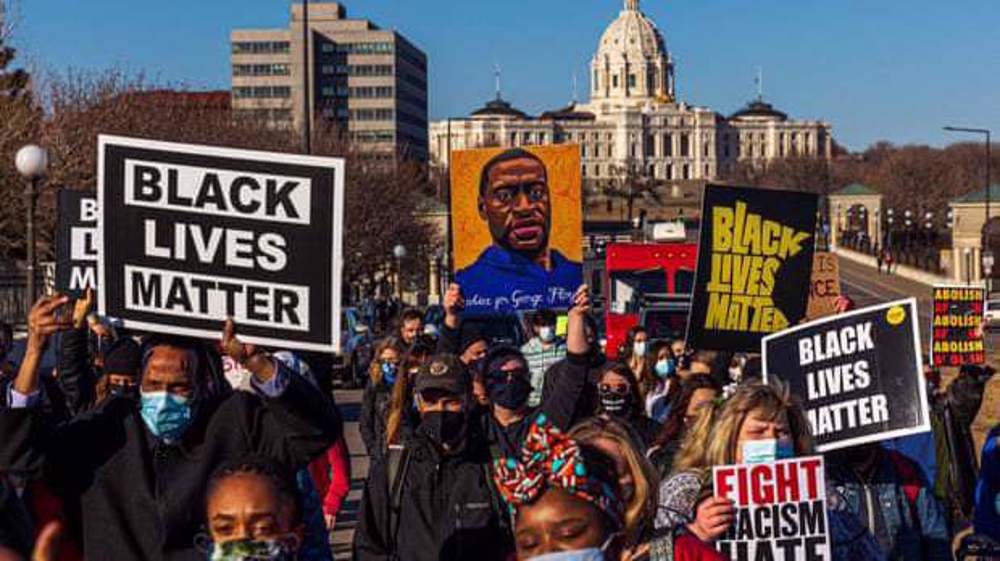
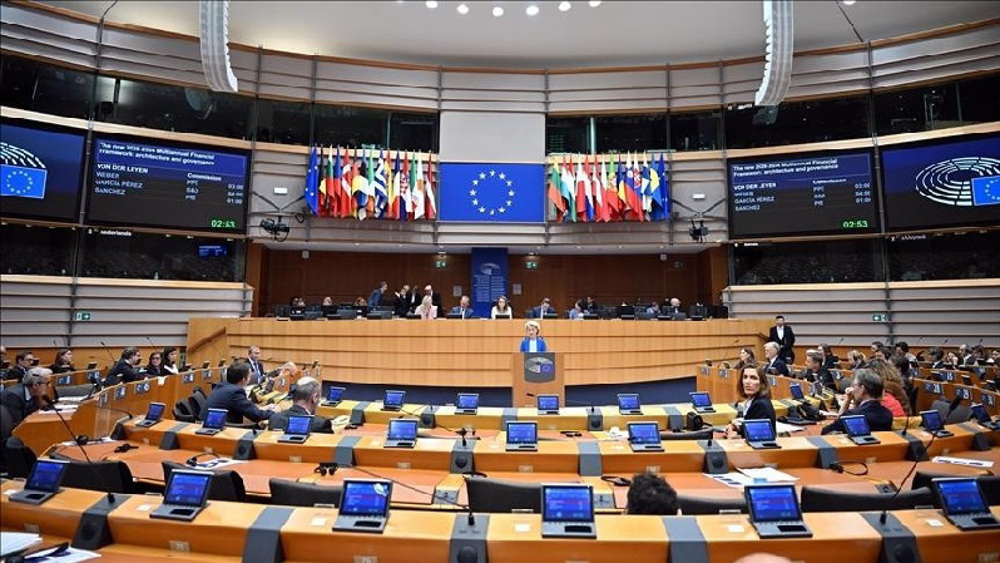
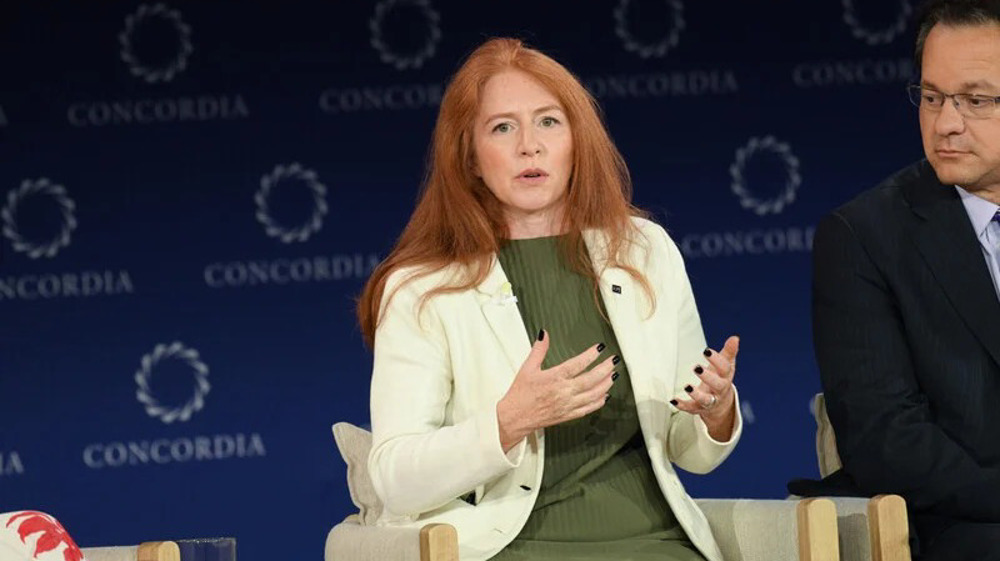
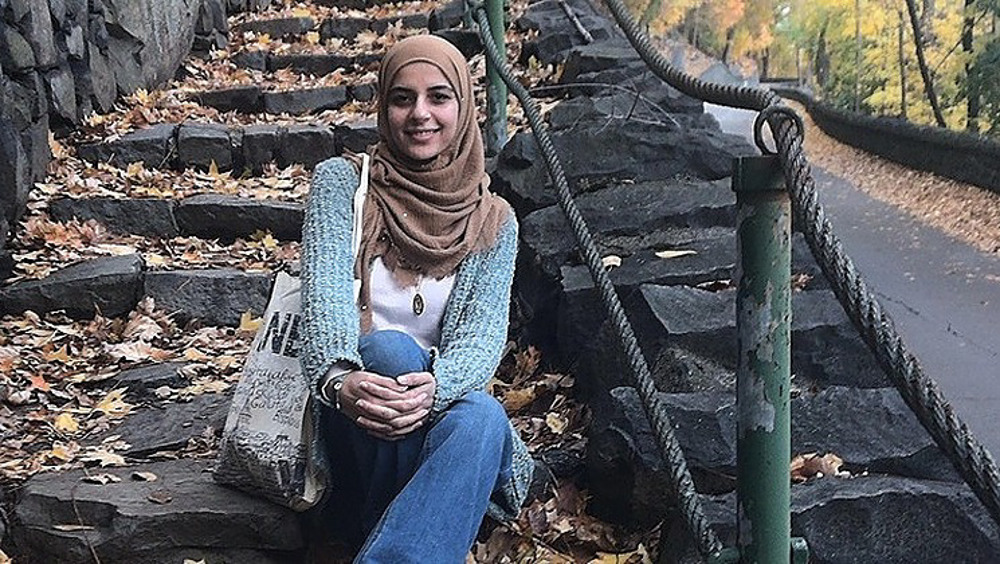




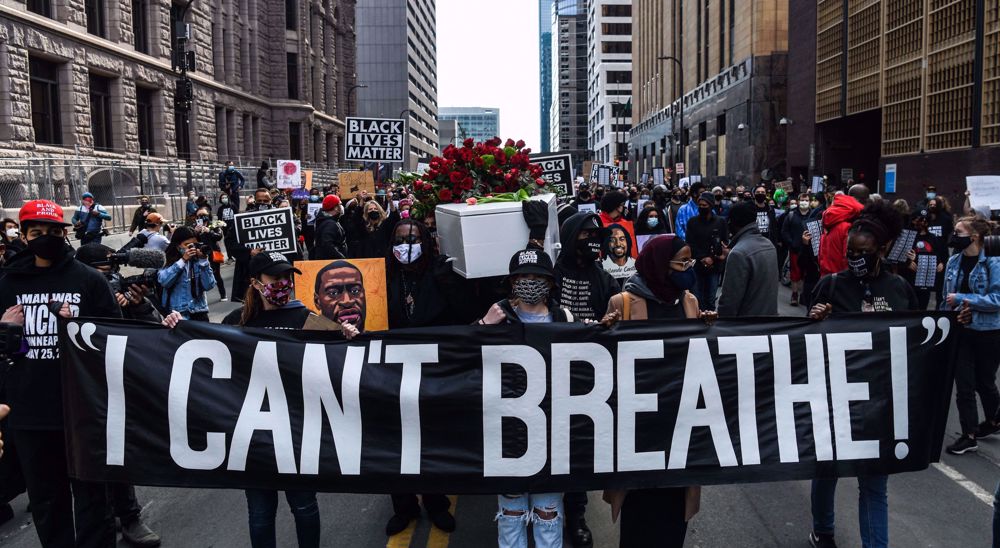
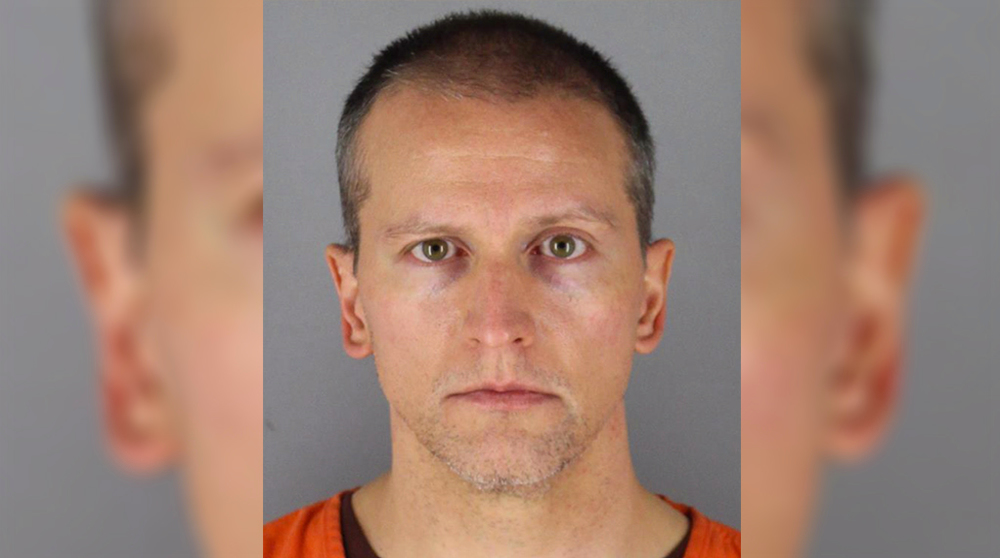
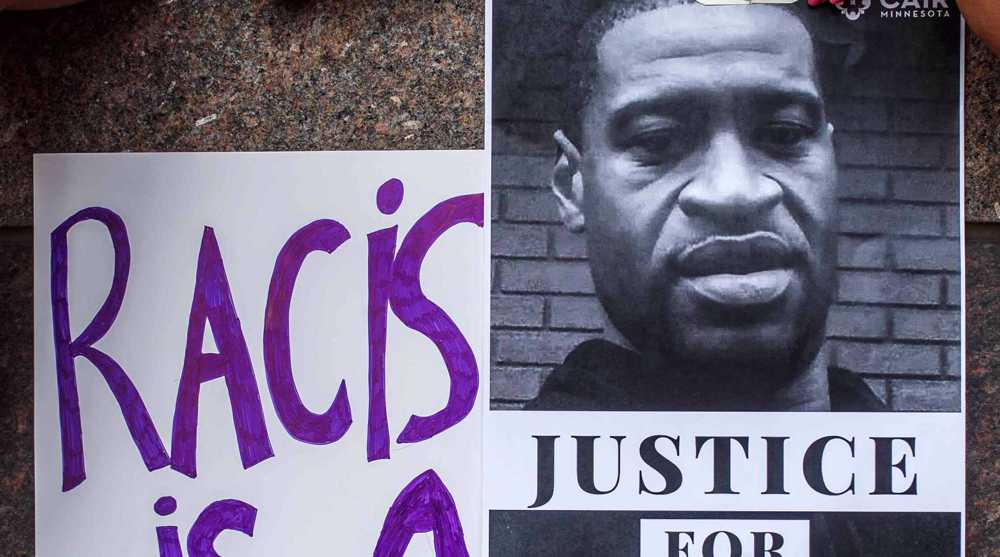
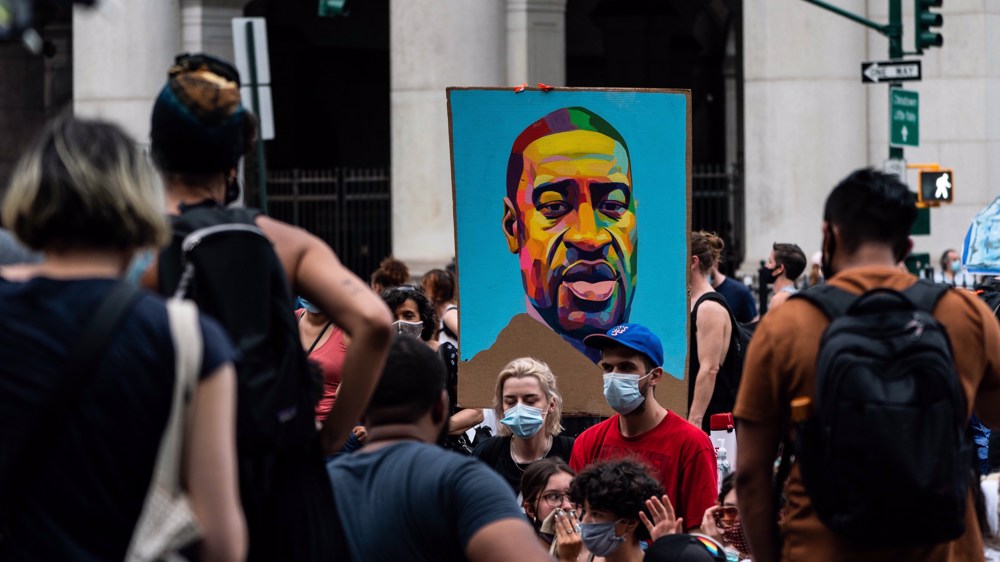

 This makes it easy to access the Press TV website
This makes it easy to access the Press TV website